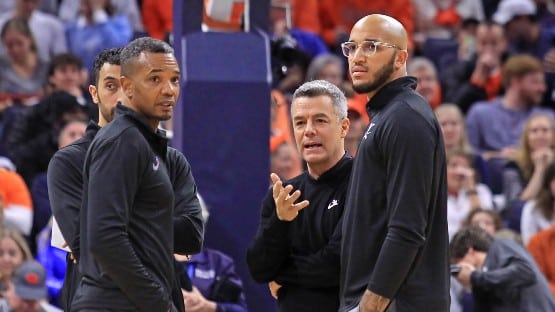
A new study by Virginia Commonwealth University’s School of Medicine reveals that the Commonwealth’s primary care workforce is spread thinner than previously known.
The study, according to a press release, enabled researchers to develop a new method for determining how many primary care physicians are in Virginia.
From health care claims data, researchers identified 5,899 active physicians who provided primary care services, including wellness exams, between 2015 and 2019 in Virginia. That number is up to 25 percent smaller than previous estimates. The findings were published in the Annals of Family Medicine. The study will enable Virginia to better understand its primary care capacity and establish equitable access for patients. The study’s results could help Virginia legislator and planners implement policy changes to ensure equitable primary care access across all Virginia communities.
“Primary care is the foundation of a functional health care system,” Dr. Alison Huffstetler, an assistant professor and clinician researcher at the School of Medicine’s Department of Family Medicine & Population Health and lead author of the study, said in the press release. “That’s how we give patients access to care, collaborate with other clinicians to coordinate care and provide continuity for each patient. Primary care physicians are essential for promoting health, preventing disease and improving health equity. Having a comprehensive understanding of the primary care workforce is essential for establishing equitable access to primary care, planning for future workforce needs and adapting policies that address primary care reimbursement.”
Previous resources had limitations which overestimated the primary care physician workforce, according to the press release.
“Many of these resources utilize survey results that are self-reported by physicians and aren’t regularly updated. This kind of method makes it hard to keep track of when a physician graduates from residency, moves to a different state or retires,” Huffstetler said.
The data also does not record when primary care services are provided by specialists.
“We wanted a complete picture of who is providing primary care in Virginia. To do so, it was important that we accounted for both the traditional primary care workforce and specialists who are acting in a primary care functioning capacity,” Huffstetler said.
Through patient claims data, Huffstetler and colleagues developed a more accurate method for identifying active primary care physicians. Data from the National Plan and Provider Enumeration System was first assessed by the research team, then de-identified patient claims data from 2015 to 2019 was evaluated through the Virginia All-Payer Claims Database. The database enabled the researchers to determine which physicians were actively providing primary care services during the selected time period.
Of 20,976 active physicians in Virginia, 5,899 were identified as providing primary care services, a number similar to data from the American Medical Association, but 25 percent smaller than the Association of American Medical Colleges’ estimates.
Several factors, according to the press release, have impacted primary care physicians, including the COVID-19 pandemic and the expansion of Medicaid. A large cohort of physicians are approaching retirement, and, as the availability of and demand for physicians changes, an accurate estimate of active physicians in the workforce will be necessary.
Future studies will examine what services physicians are providing, and the need for telehealth.
“I became a family doctor because I wanted to make sure that my community had access to thoughtful, well-resourced care,” Huffstetler said. “That’s what drives my care every day, and I hope that every family can find equitable, high-quality primary care in their own neighborhoods.”










